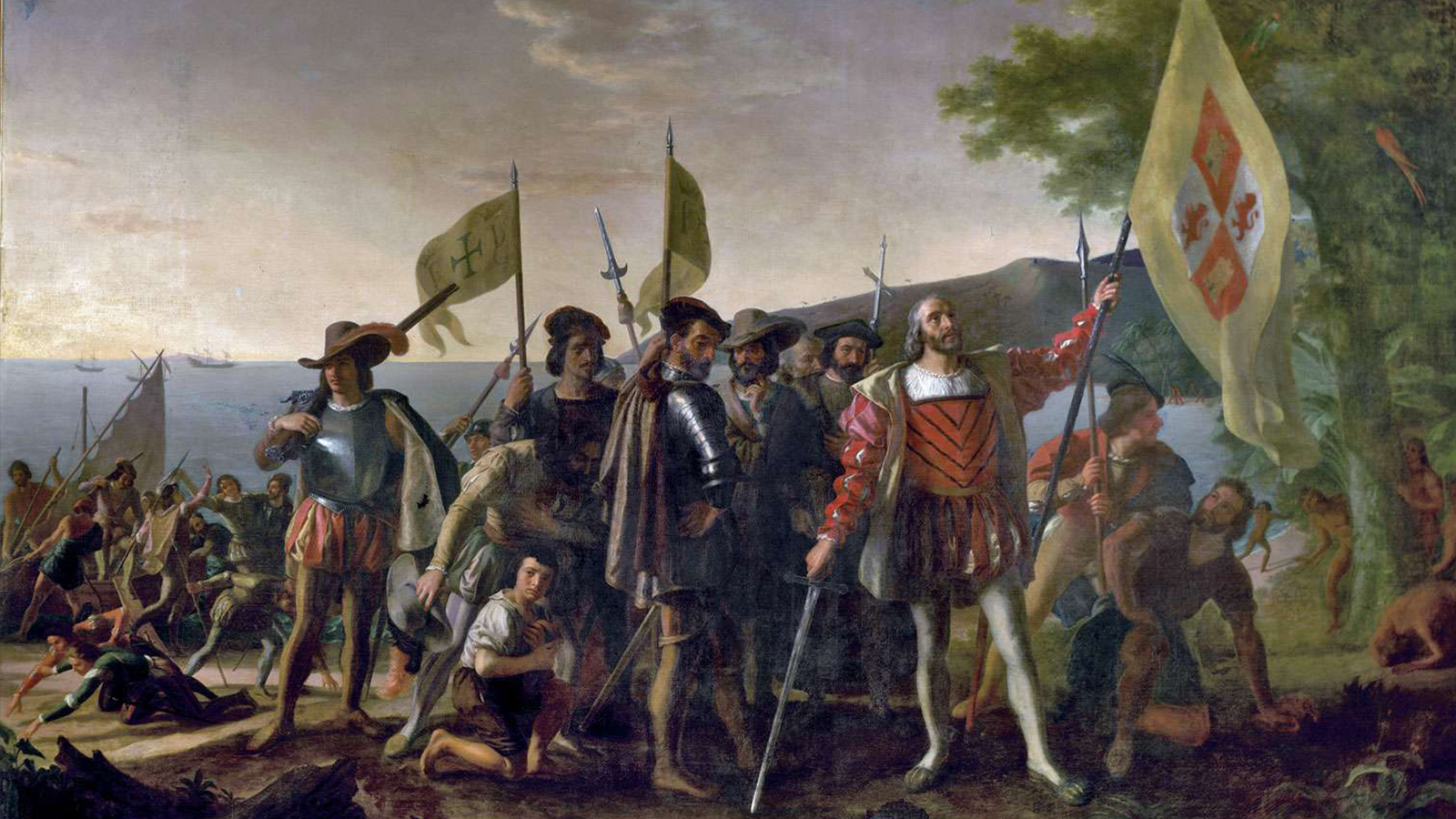On October 12, 1492, an Italian explorer named Christopher Columbus landed in the Bahamas under the commission of the King and Queen of Spain. This was the beginning of the Europeans’ heinous relationship with the native inhabitants, whom Columbus called ‘Indians’ because he mistakenly thought he had originally landed in India.
Disease soon wiped out many of the natives whose immune systems weren’t prepared for deadly European diseases; moreover, the Spanish enslaved the natives and sailed many across the ocean to be sold in the Old World. Columbus and the European’s treatment of the Native Americans had lasting effects, and some consider it to have been an act of genocide.
In 1937, Columbus Day was officially declared a national holiday by United States President Franklin D. Roosevelt after intense lobbying from The Knights of Columbus, a large all-male Catholic organization. Since then, many alternatives to Columbus Day have been proposed, the most popular of which is Indigenous Peoples’ Day.
One argument for retaining the holiday is tied to pride for the United States and its discovery. However, there are many reasons why this line of thinking is wrong. First, many believe that Nordic Vikings were in fact the first Europeans to arrive on the continent. Second, Native Americans had been inhabiting North America for thousands of years prior to Columbus’s landing. Last, Columbus himself didn’t place a single foot on what is now the United States, so any proposed connection to our country doesn’t make any sense.
On the other hand, many people argue that Columbus Day is the one holiday on which Italian-Americans can celebrate their collective history, centered around one important Italian: Columbus, who, though he sailed for Spain’s monarchs, was originally from Genoa, Italy. However, there are many notable Italians and Italian-Americans who HAVEN’T committed genocide. For example, Marco Polo Day, Leonardo Da Vinci Day, Al Pacino Day, Lady Gaga Day, and the list goes on. Why does it have to be Christopher Columbus?
For these reasons, replacing Columbus Day with Indigenous Peoples’ Day is more than necessary. This will not only prevent a whole nation from celebrating a controversial historical figure, but will also celebrate the often-overlooked history and contemporary cultures of America’s Indigenous groups.





